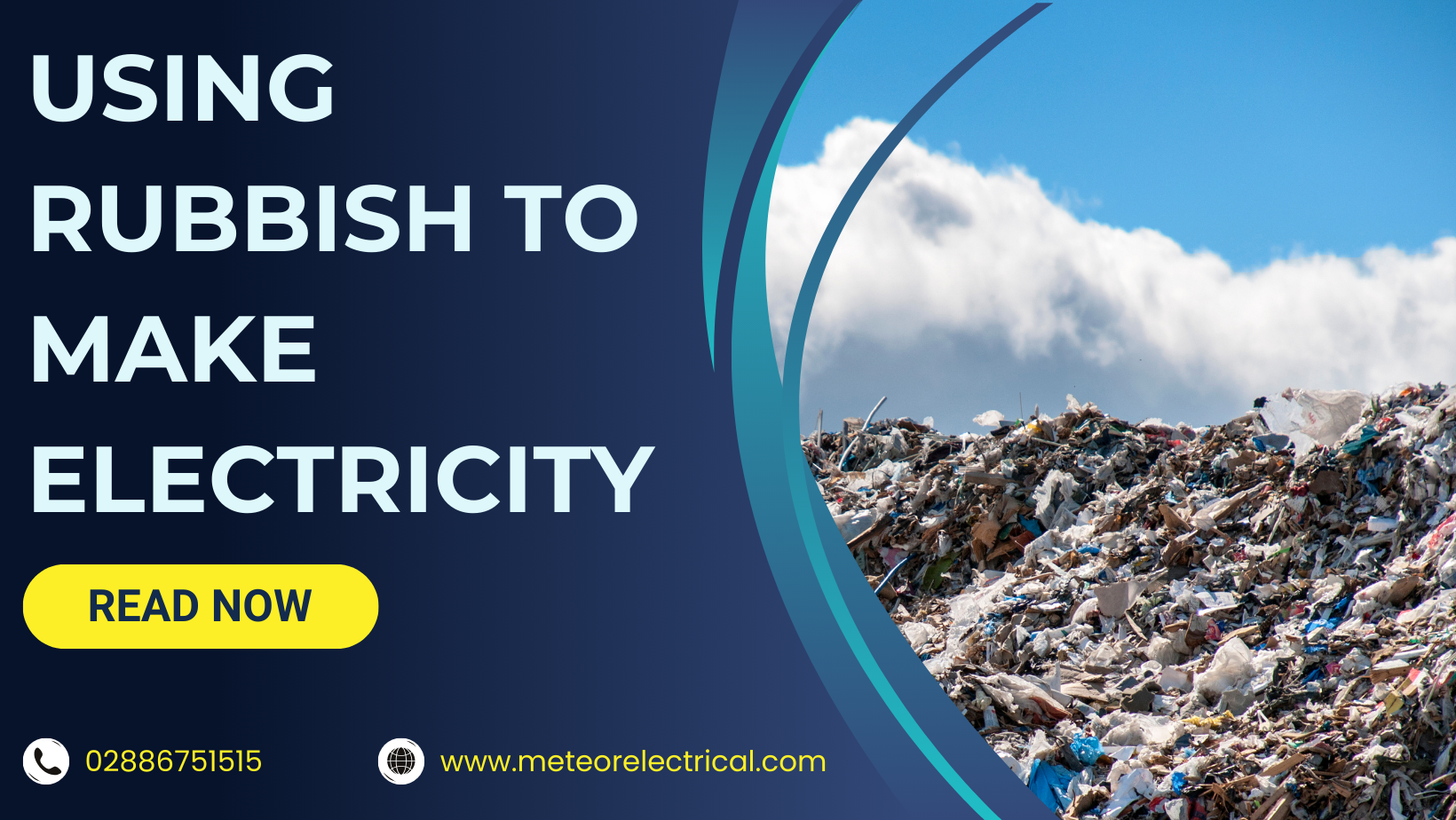Lagos aims to use rubbish to make electric power
Lagos in Nigeria is covered with tonnes and tonnes of waste with waste piled up on streets, outside homes, in the waterways and grasslands. At Lagos largest dump dozens of men gather to sort through the rubbish separating iron, plastic and nylon to be turned into electricity.
As the city is suffering from major electricity shortages some of the residents rely on diesel generators to get a source of energy, however the downside to this is that the air is filled with thick black smoke.
Lagos is turning this problem around by starting a program which aims to convert waste into methane gas which will generate electricity for the city. A small pilot program was introduced at a local market and there has been great success on such a small scale.
At the small market rotting fruit is mashed up and fed into a tank where it is left to ferment and so it produces gas. The gas is then piped into the generator which powers electricity for the market during the night so that the local can work during the night.
Different fruits provide different outputs but it has been researched that pineapples, watermelons and bananas provide the most gas when left to ferment. Tolulope Adeyo, recycling manager hopes that this will eventually allow for 500 markets in Lagos to power themselves with electricity.
In a local dump pipes have been installed and are stuck vertically into the ground so they can gather the methane gas. These gases will provide fuel for boilers which will eventually turn into electricity for the city. The trial project aims to light the waste site which is open at night as it receives over 40% of the city’s waste each day.
"It's about changing the city," said Oresanya. "You're converting waste to energy, which is in demand, and over time it might also be viable as job creation." Lagos is only among a handful of African cities looking at waste for energy, he said, unable to give an exact timeline for the estimated production of between 5 and 10 megahertz.
Lagos' waste management system is also building a recycling program and has organized the people already coming to the dump. Nearly 500 scavengers, now called "resource providers" by the city, collect what they can sell.
The city has advertised its recycling agenda on radio stations, encouraging residents to collect plastic and bring it in for cash or credits.

